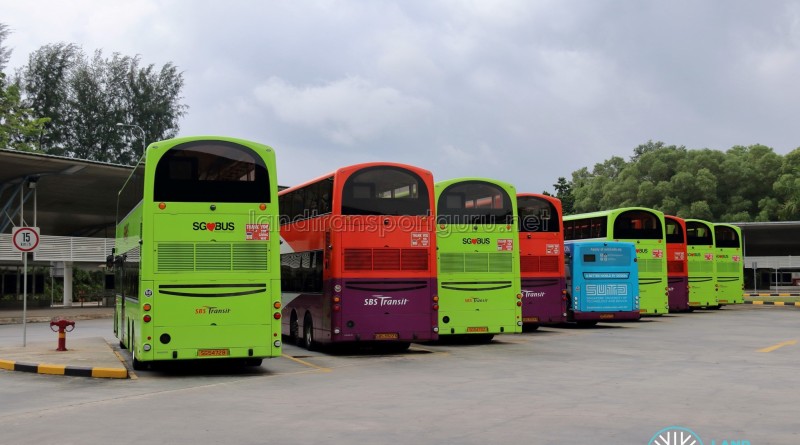This article is contributed by Marcus Turner-Jones
As anyone who lives in the UK can testify, the nation’s public transportation is a considerable source of angst and frustration. This always seems to be amplified when the Conservatives are in power, as it stirs up memories of Margaret Thatcher’s alleged statement that “anyone older than 26 who still rides the bus should be considered a failure in life”.
This issue is not as prevalent in other countries, however, with nations such as Singapore taking the progressive step of investing heavily in their transport infrastructure as a way of driving efficiency and economic growth.
In the post below, we’ll explore this in closer detail, while tracing the link between improved transport links and wider, economic expansion.
Does Singapore have the Most Efficient Transport System in the World?
Since 2015, the Singapore government has made a concerted effort to invest heavily in infrastructure development and its public transportation systems. More specifically, they pledged to spend an estimated $30 billion by the end of this decade, which is more than 50% higher than the amount invested three years ago.
This investment has already begun to yield results, with a recent study revealing that Singapore is home to one of the most cost-effective public transport networks in the world.
The study, conducted by London consultancy firm Credo, strived to calculate the economic cost of inefficient transport to the 35 cosmopolitan cities, along with the fiscal benefits of creating an advanced and reliable network.
Taking into account individual elements such as fares, crowding levels and travelling times, the study found that Singapore boasted the most efficient network in the world. In fact, the economic cost of transport to an individual commuter was around 8.9% of GDP, placing the country ahead of Hong Kong (9.2%) in a group of high-density, compact cities.
There was particular praise for the nation’s high capacity system and its ability to meet demand, along with the immense contribution that this made to Singapore’s overall economy.
How Does This Translate into Economic Growth in the Current Climate?
Like any metropolitan economy, Singapore has a diverse and complex range of income streams. It has always been a core financial trading and investment hub, for example, with the assets available through a Singapore CFD capable of delivering impressive returns.
As Hong Kong has become more China-centric and focused in recent times, however, Singapore has smartly positioned itself as the go-to destination for multinational firms who are looking to establish their headquarters in Asia. This is a progressive and potentially lucrative position in the current climate, particularly with Brexit likely to force a number of such corporations to relocate elsewhere.
With this in mind, the sustained infrastructure investment and continual improvements to the nation’s transport network have proved crucial, as they create a more compelling proposition for multi-national firms and make Singapore a more attractive destination. As the network becomes even more advanced and developed in the future, we’re likely to see even greater economic efficiency and more businesses base themselves in Singapore.
Is this Sustainable?
The question that remains, of course, is whether this current state of affairs is sustainable? After all, the continued infrastructure investment has created a pressing need for the existing fare formula to be reviewed, so that costs can be tracked more efficiently over time.
For now, fares remain extremely affordable and offer huge value to commuters, but it’s arguable that they cannot be sustained at the same rate given the increased government spending. So, if the quality of Singapore’s network is to be maintained as a key driver of efficiency and economic growth, there’s little doubt that fairs will rise in the near-term.
Even then, we would most likely see incremental rises that actually boosted the amount reinvested into the economy. From the perspective of commuters, they could also console themselves with the fact their increased spend will at least translate into superior value and sustained economic expansion.

Transport fares is likely to increase, no matter whether you love it or not
LTA wants to spend so much on the transport system it is their problem, I’m not feeling any difference except for more buses bunching and traffic jams, the arrival timing datamall is as good as none.
We shall know what to do in 2020, be brave like our neighbour up north
Yeah with skyrocket COE vehicle pricing,Do most commuters have a choice?